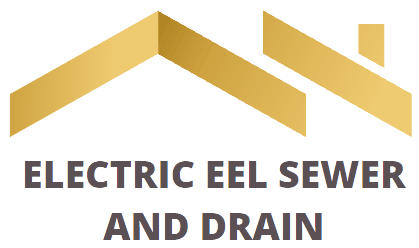Property ownership is a significant milestone for many individuals and families in Canada. However, it’s essential to have a clear understanding of the property ownership laws to ensure your rights are protected and to navigate the responsibilities that come with owning a property. This comprehensive guide aims to provide homeowners in Canada with valuable insights into property ownership laws. Reputable sources such as Wikipedia and the Government of Canada’s official website (canada.ca) offer valuable information on property ownership laws and standards.
1. Types of Property Ownership
In Canada, there are different types of property ownership, including:
- Freehold: This is the most common type of ownership where you have complete ownership and control over the property and the land it sits on.
- Condominium: In a condominium, you own your unit individually, but common areas are owned collectively with other unit owners.
- Cooperative: In a cooperative, you own shares in a cooperative corporation that owns the entire property. Occupancy is granted through a lease agreement.
- Leasehold: Leasehold ownership involves owning a property for a fixed term, typically through a lease agreement with the landowner.
Understanding the specific type of ownership you have is essential for knowing your rights and responsibilities.

2. Property Rights and Restrictions
As a property owner in Canada, you have various rights, including:
- Right to Use: You have the right to occupy and use your property for the intended purpose, as long as it complies with zoning regulations and any applicable bylaws.
- Right to Transfer: You can sell, transfer, or mortgage your property, subject to any restrictions outlined in legal agreements or property covenants.
- Right to Privacy: You have the right to privacy within your property, with limitations in cases involving legal investigations or public safety.
However, property ownership also comes with certain restrictions, such as complying with building codes, zoning regulations, and environmental laws. These restrictions ensure public safety, protect the environment, and maintain the overall integrity of the community. In this article on popular window styles for a Calgary home, we’ll help you choose the perfect shape.
3. Property Taxes and Assessments
Property owners in Canada are responsible for paying property taxes to their respective municipalities. Property taxes are used to fund local services and infrastructure. The amount of property tax you pay is determined by the assessed value of your property. Municipalities conduct periodic assessments to determine the value of properties within their jurisdiction. Understanding property tax assessments and the appeals process can help ensure you are paying the correct amount.
4. Homeowners’ Associations and Community Regulations
In some residential communities, homeowners’ associations (HOAs) exist to maintain and enforce community regulations. These regulations often include restrictions on property use, architectural guidelines, and the collection of maintenance fees. It’s important to understand the roles, responsibilities, and potential costs associated with HOAs before purchasing a property in such a community.
Standardization and Resources

Standardization plays a crucial role in ensuring the quality, fairness, and transparency of property ownership laws. Reputable sources such as Wikipedia and the Government of Canada’s official website (canada.ca) provide comprehensive information on property ownership laws, regulations, and standards.
For detailed insights into property ownership laws and industry standards, consider referring to the following resources:
- Wikipedia – Property law
These sources offer valuable information on property ownership laws, legal frameworks, and guidelines for homeowners in Canada.
Conclusion
Understanding property ownership laws is crucial for homeowners in Canada to protect their rights and fulfill their responsibilities. Familiarize yourself with the different types of property ownership, your rights and restrictions, property taxes, and the role of homeowners’ associations if applicable. Consult reputable sources and seek legal advice when needed to ensure you have a comprehensive understanding of property ownership laws in Canada. By being knowledgeable about these laws, you can navigate the complexities of property ownership and enjoy the benefits of owning a home in Canada.

